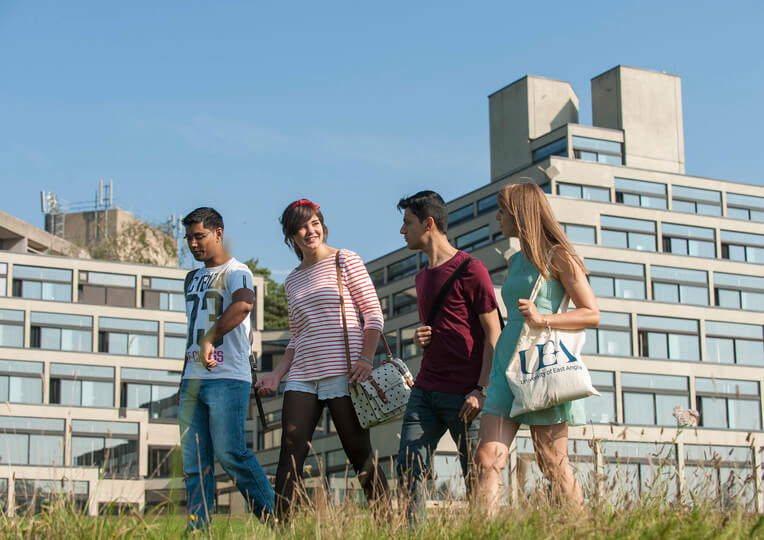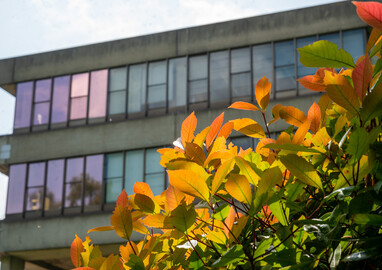Latest News

Biodiversity key to economic development in Colombia
The natural resources of one the worlds most biodiverse countries are the key to its economic future, according to new research led by the University of East Anglia (UEA).
Read more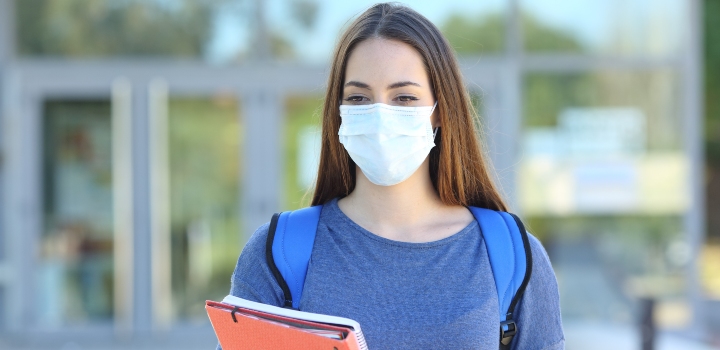
The Covid-19 university challenge
Universities should keep their windows fully open and students shouldnt share personal items according to new University of East Anglia research into reducing the spread of Covid-19.
Read more
UEA joins national campaign to boost number of women in science and engineering
Leading female academics welcome Universitys membership of a national women in science network.
Read more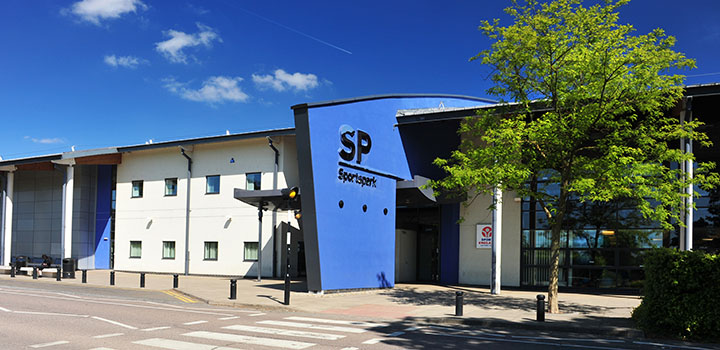
COVID-19: Rapid testing launched to allow UEA students to return home safely for winter break
Government-ledCOVID-19 testing for thosewho dont have symptoms of the virushas begun atthe University of East Anglia (UEA)to allow students to safely return home for thewinter break.
Read more
Half hour of exercise offsets risks caused by sitting
Half an hour to 40 minutes of daily exercise could offset the dangers of increasingly sedentary lifestyles according to new World Health Organization guidelines developed in collaboration with the University of East Anglia.
Read more
Tier 1 didn’t work and tier reallocation “too slow”, research shows
Tier 1 restrictions in England have had little impact on Covid-19 transmission according to new research from the University of East Anglia.Researchers studied how well the UK Governments tier system worked in England, before the second lockdown came into
Read more
Domestic abuse frontline staff reveal strain of work in lockdown
In the upheaval of Britains first national lockdown, one crucial sector of social care workers were largely overlooked but new research from the University of East Anglia (UEA) brings their plight into focus.
Read more
Could female footballers face greater dementia risk
Female footballers heading the ball could be putting themselves at even greater risk of dementia than male players according to experts at the University of East Anglia.
Read more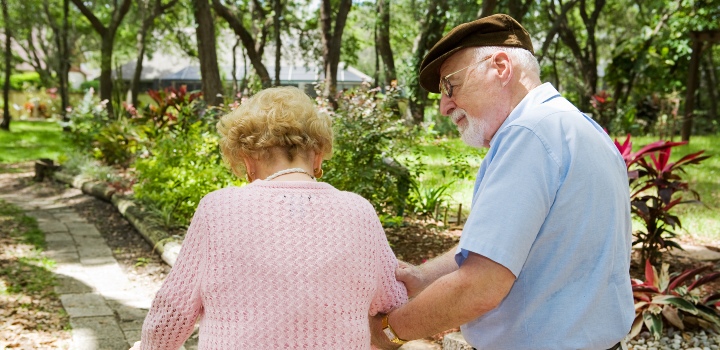
2 million project to support UK dementia carers
Researchers at the University of East Anglia and Norfolk and Suffolk NHS Foundation Trust (NSFT) are launching a new project to improve the lives of dementia carers in the UK.
Read more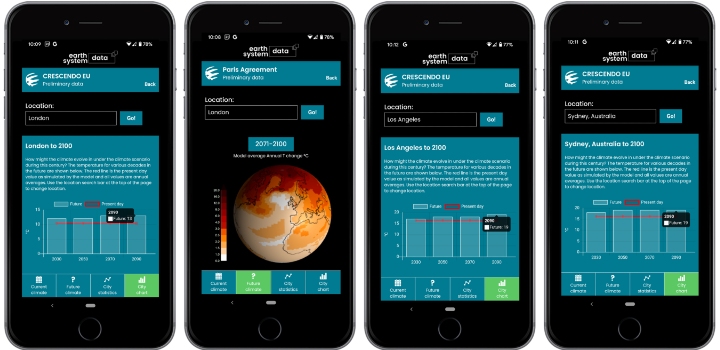
New app allows users to explore how global warming changes their cities’ climate
A new mobile app allows people to explore how global warming will affect the future climate of their towns and cities.
Read more
Solving the problem of global inactivity
From increasing physical activity in schools and workplaces to investing in active urban design a researcher at the University of East Anglia has helped design a series of recommendations to help get people moving worldwide.
Read more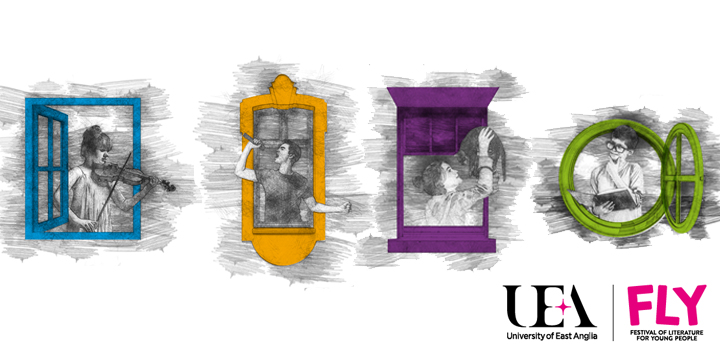
Young people share words of wisdom in Lockdown Diaries
As the region enters a second national lockdown, young people from across East Anglia have used their previous lockdown experiences to unleash their creative talents, brought together in the Lockdown Diaries Story Collection, published today (Monday 9 Nov
Read more
